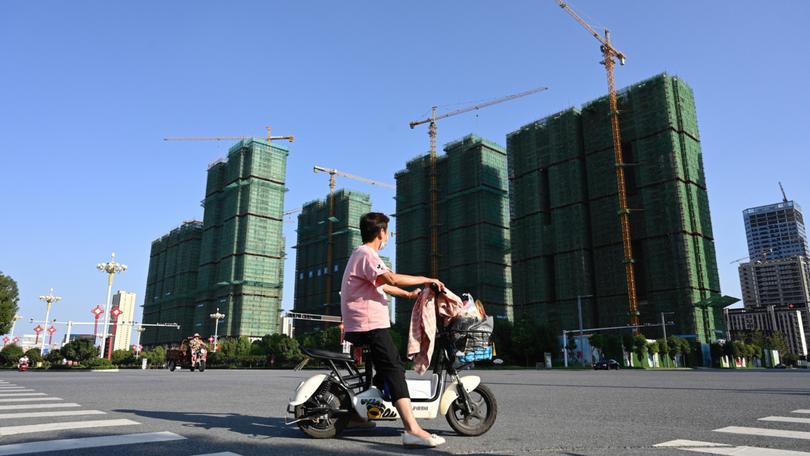CNBC: China Evergrande told by Hong Kong court to liquidate after failing to restructure $US300 billion debts
The major Chinese developer was handed the ruling after creditors failed to reach an 11th-hour deal to restructure a staggering debt figure.

Shares of China Evergrande were briefly halted after plunging over 20 per cent in early trading on Monday after a Hong Kong court ruled to liquidate the embattled property developer with more than $US300 billion in debts.
It comes against the backdrop of a spiralling debt crisis in the country.
China Evergrande, which was once one of the country’s largest property developers, has in the last few years been enveloped in Beijing’s debt crisis.
Sign up to The Nightly's newsletters.
Get the first look at the digital newspaper, curated daily stories and breaking headlines delivered to your inbox.
By continuing you agree to our Terms and Privacy Policy.The Wall Street Journal earlier reported that Evergrande’s overseas creditors failed to reach an 11th-hour deal this weekend to restructure, which could mean an imminent liquidation for the real estate developer.
Judge Linda Chan told the Hong Kong court on Monday that it was appropriate for the court to order Evergrande to wind up its business given a “lack of progress on the part of the company putting forward a viable restructuring proposal” as well as Evergrande’s insolvency.
The ruling follows the brief repreve it received in Decembe, when it said it was attempting to “refine” a new debt restructuring plan of more than $300 billion in liabilities.
Fergus Saurin, a lawyer representing an ad hoc group of creditors, said Monday he was not surprised by the outcome.
“The company has failed to engage with us. There has been a history of last- minute engagement which has gone nowhere,” he said.
Saurin said that his team had been working in good faith in the entire process and that Evergrande “only has itself to blame for being wound up.”
Evergrande, the world’s most indebted property developer, is one of many property firms that ran into trouble when Chinese regulators cracked down on excessive borrowing in the real estate sector.
The company first defaulted on its financial obligations in 2021, just over a year after Beijing clamped down on lending to property developers in an effort to cool a property bubble.
